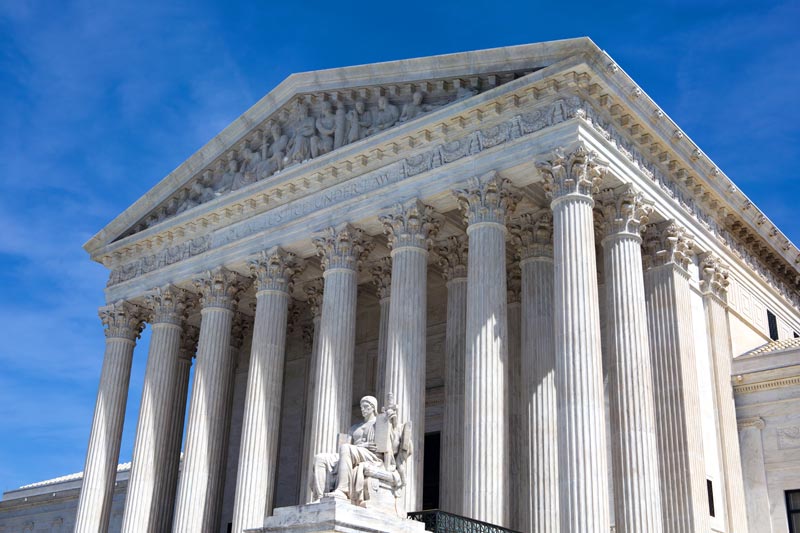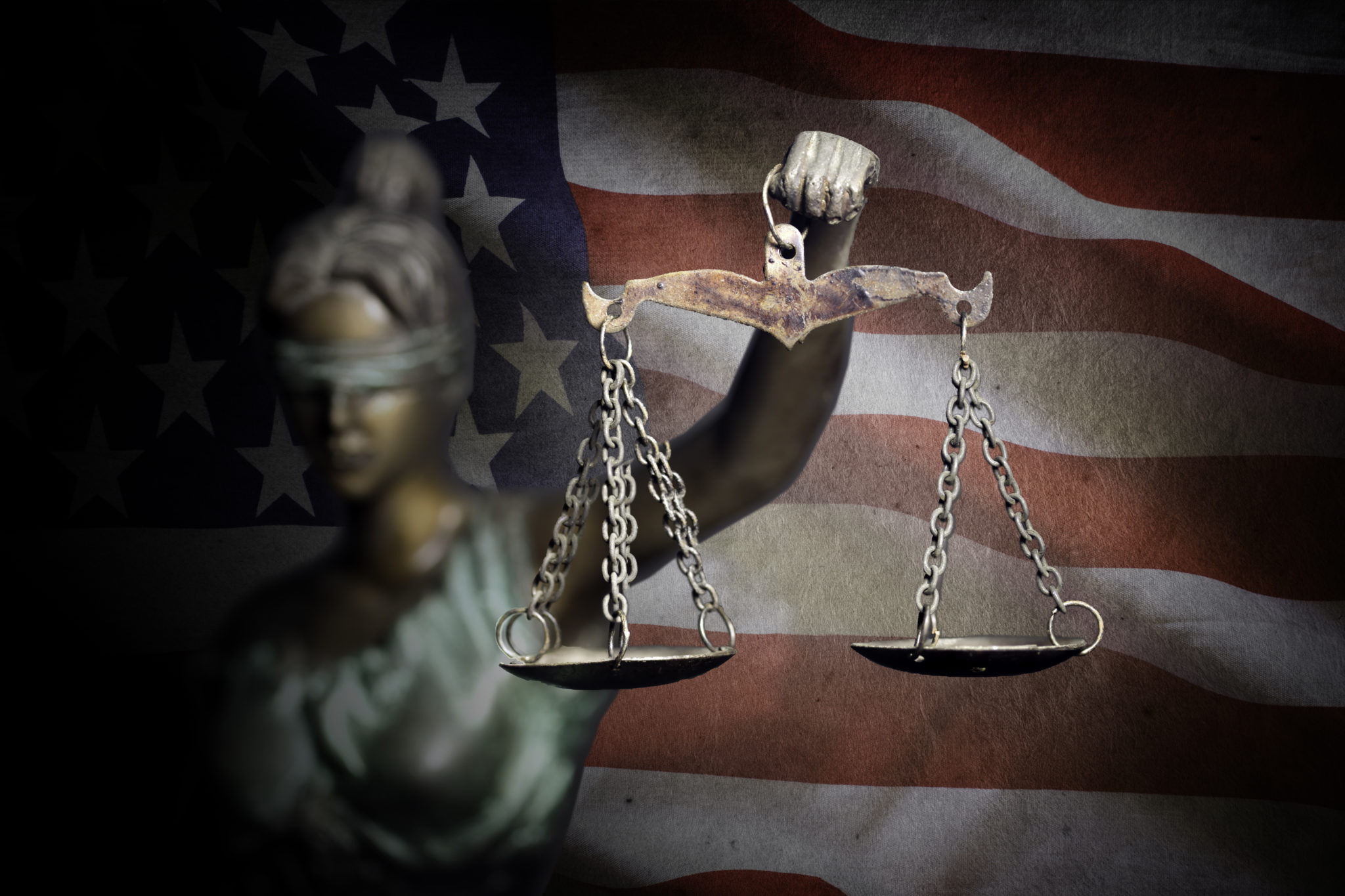
Georgia Criminal Law Glossary of Terms
Legalese can seem like another language to anyone but lawyers. If you’re facing criminal charges, though, educating yourself on the meanings of some common legal terms can help you feel more confident about your case. We pulled together a list of legal terms in Georgia to help you make more sense of your case and the proceedings you might go through.
What Makes the Claiborne Firm Different?
The Claiborne Firm built its reputation on fighting injustice in the legal and criminal justice systems. We keep our caseloads low to give each case our full attention. Because we only take cases we believe in, we fight aggressively in court. We’re not afraid of a fight, and we use every tool at our disposal to give our clients the representation they deserve.
If you’re wondering about a term below, please feel free to schedule a Free Case Evaluation through the online form at the bottom of this page.


Accessory – Someone who assists another person in committing a crime, including before and after the crime is committed.
Accomplice – Someone who assists another person in committing a crime while that crime is taking place.
Affidavit –A formal statement given while under oath either in person or in writing.
Alibi – An explanation used in a criminal defense that explains the accused could not have committed the crime because they were verifiably somewhere else at the time.
Bail –A pretrial release from prison for someone facing charges where the accused posts money, or bond, to guarantee they’ll appear in court. This term is also used to describe the amount of money required to be released from prison.
Booking – The process of recording identifying information like images and fingerprints of someone after they’ve been arrested.
Burden of proof – The prosecution’s or plaintiff’s responsibility to prove the facts of a case.


Community service –Frequently a component of probation, this is a requirement for a convicted person to provide free labor for local organizations as part of their sentence.
Discovery (or disclosure) – a legal procedure where opposing sides share facts and information about a case.
Dismissal – The closure of legal proceedings due to procedural reasons.
Diversion–Rehabilitation, counseling, therapy, or restitution programs that allow people to avoid going to trial for minor crimes or juvenile court.
Docket – Chronological documentation of court cases.
Evidence – Facts, information, physical objects, and testimony presented to a jury or a judge to build a case.
Hearsay –Testimony from second-hand witnesses who did not learn about facts of the case from first-hand experience. There are some exceptions, but hearsay is typically not allowable as evidence in court.
Immunity – An assurance granted by the court that a person will not face charges themselves if they provide evidence or testimony on a case.
Indictment–A formal statement issued by a jury that states the case, typically a felony case, contains enough evidence to have a formal trial.
Judge –A governmental official who is granted the authority to determine the course and outcome, in some cases, of civil and criminal proceedings.
Justice – A judge who sits on the Supreme Court or the highest state court.
Jury – A group of people chosen according to state or federal law to make a determination on a case and prescribe a sentence. Juries in state courts can have as few as six people on them. Juries in federal court have six people for civil cases and 12 for criminal cases.
Motion – A formal request made by an attorney to the court before, during, or after a trial asking the court to make a decision on an issue of the case.
Parole – Release from prison prior to completing a sentence. People on parole typically have to meet regularly with a parole officer and submit to other conditions of their release or risk returning to prison.
Plea – A formal statement made by the defendant indicating whether they consider themselves “guilty” or “not guilty” of specific charges. Defendants can also plea nolo contendere or issue an “Alford plea.” An Alford plea means the defendant does not admit to guilt but still pleads guilty. A “nolo contendere” or “no contest” plea means the defendant does not admit to guilt but accepts the conviction and sentence.
Plea Negotiations – Discussions between the defense and the prosecution before going to trial where charges and pleas can be changed.
Probation – Release from prison in return for compliance with certain conditions and rules, like meeting with a probation officer, that can be used as an alternative sentence.
Subpoena – A statement issued by the court that requires a witness to testify.
Suppress–To keep the court from seeing or hearing certain evidence because of improper collection techniques or procedures.
Sentence – The consequences and punishments for being found guilty of a crime.
Statute – A law passed by the government.
Temporary Protective Order (TPO)– An order issued by civil court that makes it illegal for someone to contact, harass, or threaten you. Also known as a restraining order.
Testify –To respond to an attorney’s questions on the witness stand.
Testimony –Facts and information given by witnesses at trial.
Trial –A legal proceeding where opposing sides present evidence and testimony to convince a jury or judge of a defendant’s guilt or innocence.
Verdict – The final decision of a judge or jury that indicates whether the defendant is guilty or innocent in a criminal trial or the final result of a civil dispute.
Warrant – A document issued by the court that authorizes law enforcement to search a person or property or arrest someone.
Witness – Someone who the defense or prosecution calls to present evidence to the court.
Call (912) 351-8775 or Schedule a Free Case Evaluation Online
